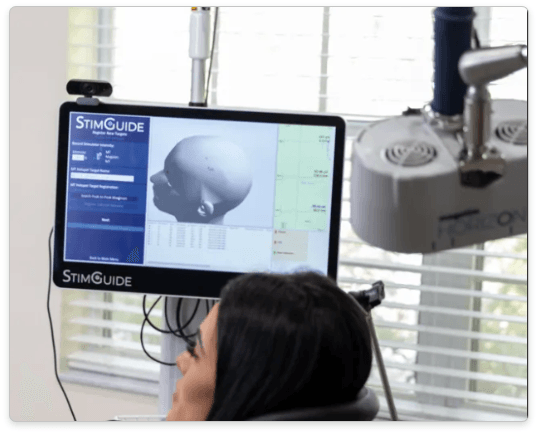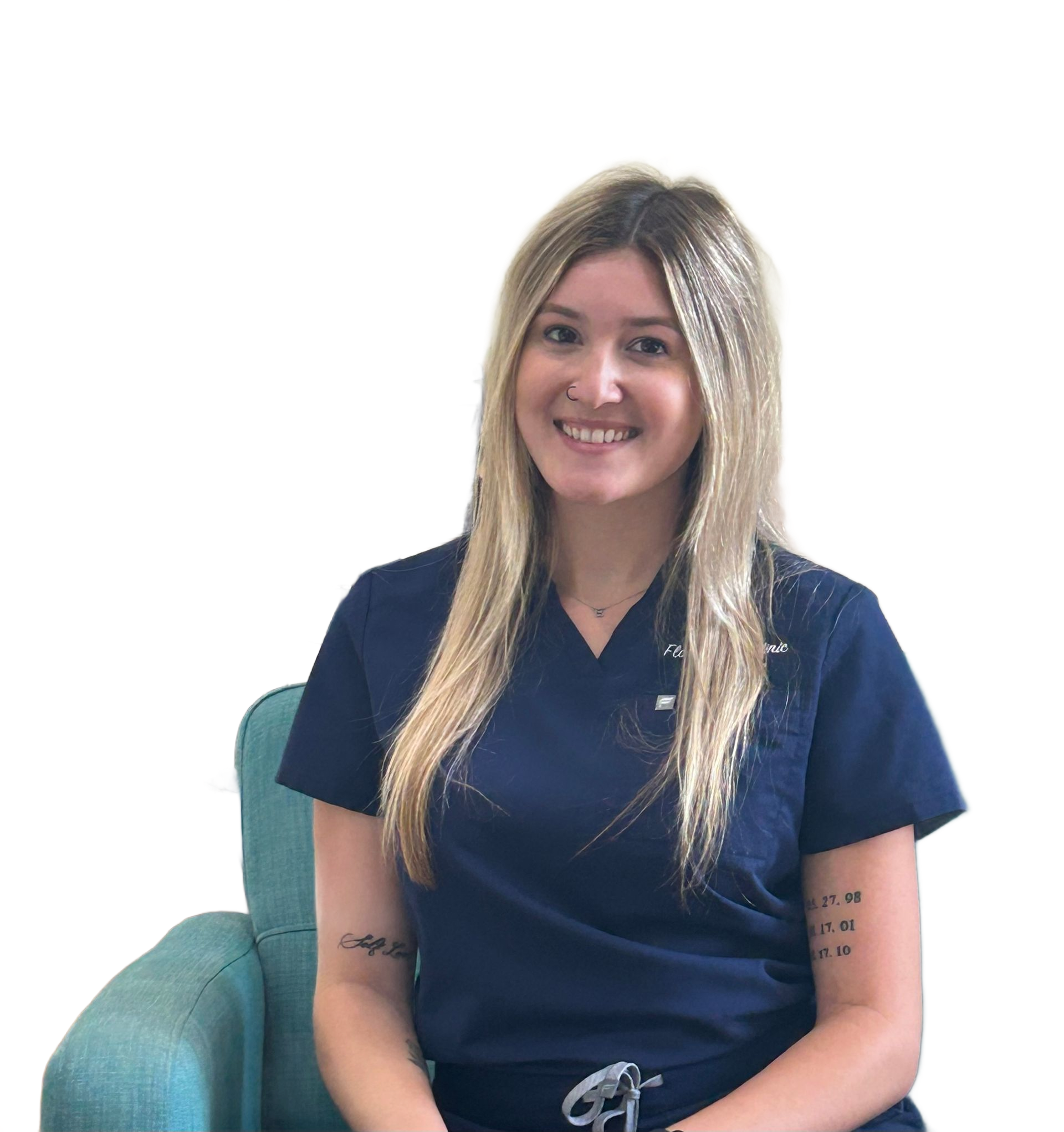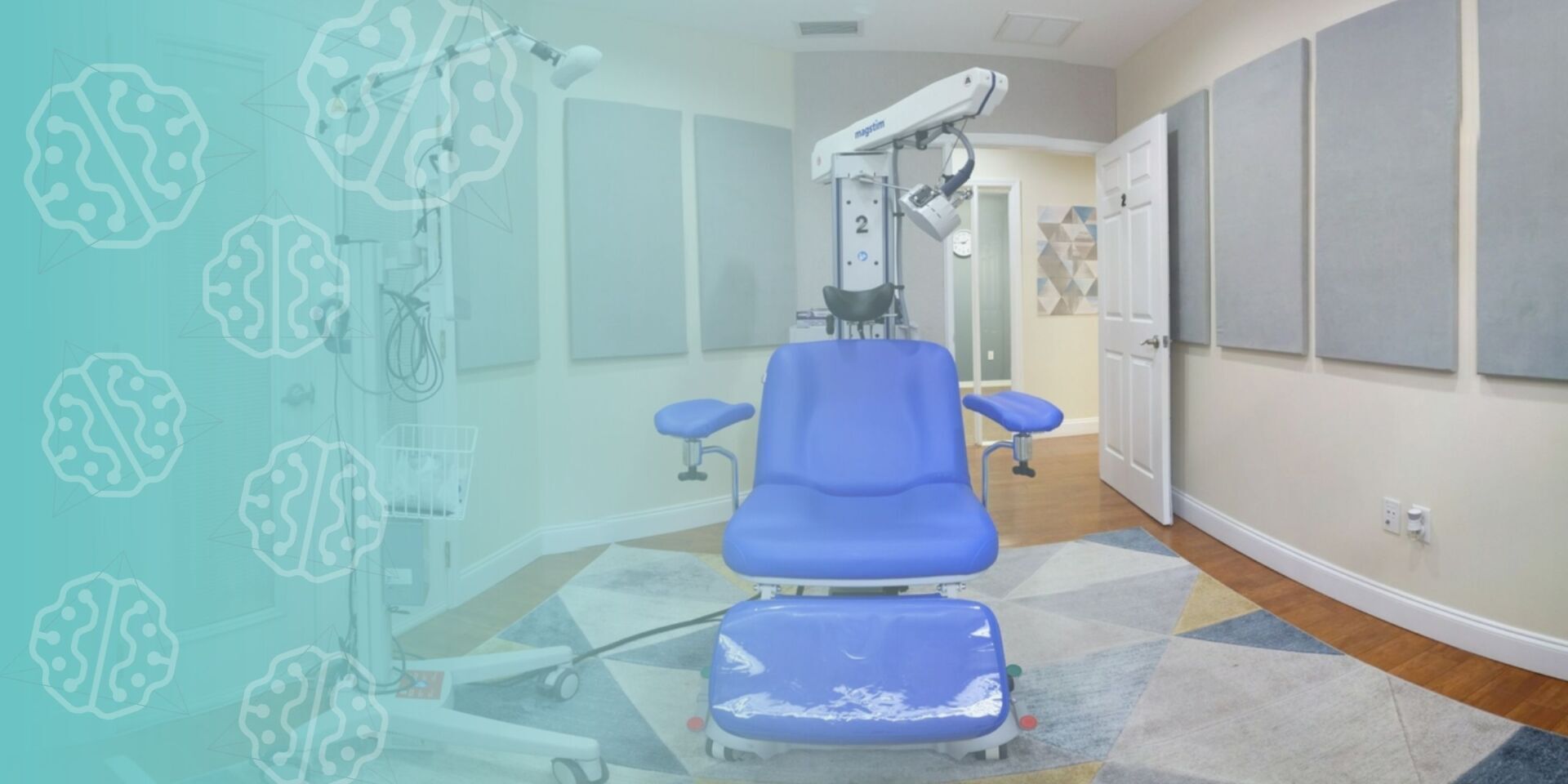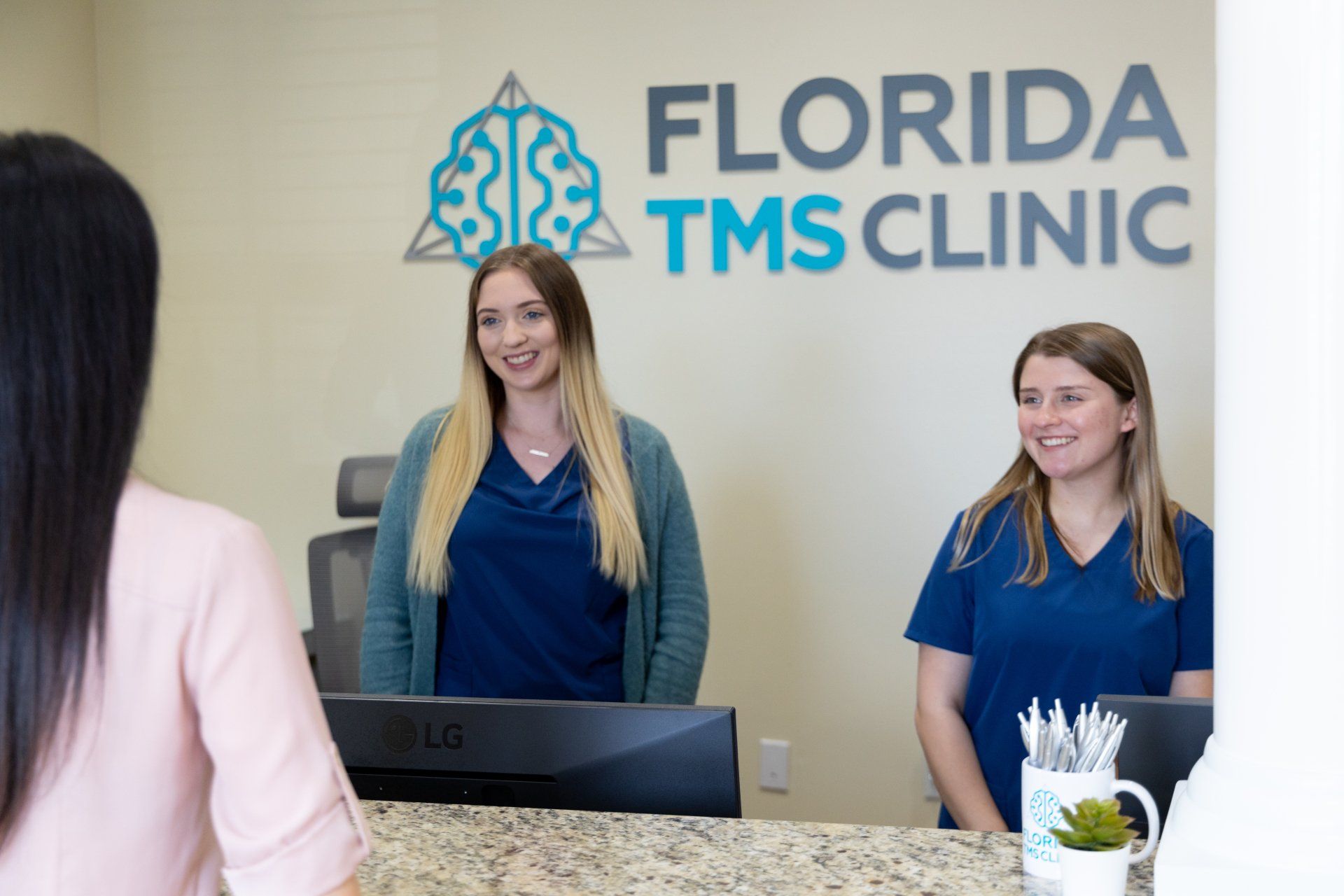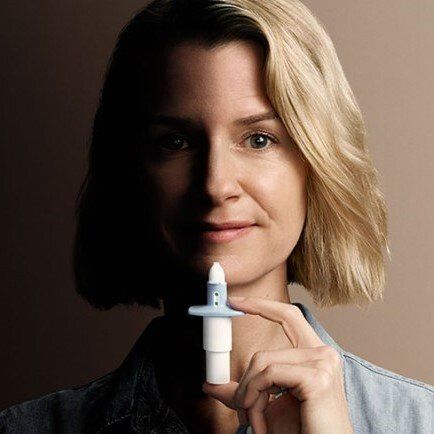Is it the Holiday Blues or Depression?
For many, the holiday season is filled with joy, celebration, and meaningful time spent with loved ones. However, for some, this time of year can bring about overwhelming feelings of stress, sadness, and loneliness. These emotional struggles are often called the “holiday blues.” But sometimes, they can signal something more serious — clinical depression.
Understanding the Holiday Blues vs. Depression
The holiday blues often stem from increased stress, busy schedules, financial strain, or missing loved ones. These feelings are usually temporary and fade once the season ends.
By contrast, depression lingers far beyond the holidays and significantly interferes with daily life. People with a history of difficult life events — such as divorce, job loss, bereavement, chronic illness, trauma, or substance use — are at greater risk of developing depression.
Symptoms of Depression
Unlike the temporary holiday blues, Major Depressive Disorder (MDD) includes persistent symptoms such as:
- Constant sadness or frequent crying
- Loss of interest in social or enjoyable activities
- Low energy and fatigue
- Sleep changes (insomnia or excessive sleeping)
- Changes in appetite or weight
- Feelings of worthlessness, hopelessness, or guilt
- Poor concentration and memory issues
- Decreased sex drive
- Recurrent thoughts of death or suicide
Depression affects nearly 15 million people in the U.S., making it one of the most common and disabling mental health conditions.
Current Treatment Options
The most common treatments for MDD include antidepressant medications and counseling (psychotherapy). While helpful for some, medications often present challenges:
- Lack of effectiveness – Some patients simply do not respond.
- Unwanted side effects – Including nausea, weight gain, headaches, dry mouth, drowsiness, and sexual dysfunction.
Because of these limitations, many patients are now turning to Transcranial Magnetic Stimulation (TMS therapy).
What is TMS Therapy?
TMS (Transcranial Magnetic Stimulation) is a non-invasive, FDA-approved treatment for depression. It uses gentle, targeted magnetic pulses to stimulate the left prefrontal cortex — the area of the brain responsible for regulating mood.
Unlike medications, which affect the entire body, TMS focuses only on specific brain regions that are underactive in depression. MRI studies confirm that these areas can “switch back on” when stimulated with TMS, helping restore healthy brain function.
Benefits of TMS:
- Drug-free and non-invasive
- No systemic side effects
- No anesthesia required — patients remain awake and alert
- Safe, gentle, and well-tolerated
- Shown to improve symptoms and lead to long-term remission
TMS at Florida TMS Clinic
While many clinics provide TMS therapy in lengthy 40-minute sessions, Florida TMS Clinic is the only provider in the Tampa Bay area offering navigated 3-minute TMS treatments. This means patients can complete therapy much faster, without sacrificing effectiveness.
A typical course of treatment includes:
- 5 sessions per week
- Over 4–6 weeks
- Averaging 30 total treatments
This accelerated approach is both convenient and highly effective for busy patients.
TMS vs. ECT (Shock Therapy)
Unlike electroconvulsive therapy (ECT), TMS does not use electricity or cause seizures. Instead, it uses a safe magnetic field to reset brain circuits. Patients can immediately resume normal activities after each session.
The Bottom Line
If your feelings of sadness fade after the holidays, you may simply be experiencing the holiday blues. But if symptoms persist, worsen, or interfere with daily life, it may be clinical depression — and professional help is essential.
At Florida TMS Clinic, Dr. Khaled Bowarshi, a double board-certified psychiatrist, provides advanced, compassionate care using the most modern treatment options, including TMS therapy.
TMS offers hope for long-term relief from depression, so you can reclaim your life — during the holidays and beyond.
